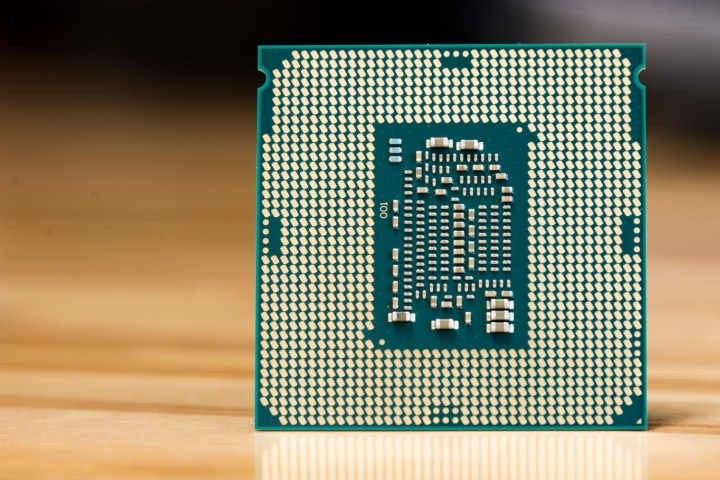
But this bug doesn’t stop there. On top of affecting almost all desktop and laptop systems sold with Intel hardware since 2015, Xeon processor lines like the E3-1200 v5 and V6 are affected too. As Ars Technica points out, this bug also hits the Atom range of C3000 processors, the E3900 series for Internet of Things devices, and the Apollo Lake Pentium and Celeron N and J series processors.
The problem in Intel’s Management Engine (ME) firmware actually enables four different potential exploits, with different versions of the ME affected by different ones. The most severe bug was discovered by researchers in the latest version of the firmware; it allows remote code execution, which potentially allows the takeover of an entire system without having access to the hardware.
Other, somewhat less serious exploits, make it possible to cause system crashes or instability, and to access privileged information about the system.
Despite the widespread nature of the bug(s), there isn’t much consumers can do about it as of yet. Intel has released a detection tool to find out if your system is one of those vulnerable to its effects, with options for a command-line interface and a more consumer-friendly general user interface option. Both highlight what hardware and software your system is running and whether you may be vulnerable to this newly discovered flaw.
If you know or suspect you are affected, the best advice Intel is offering, for now, is to keep an eye on your motherboard or system manufacturer’s website and update your drivers and firmware as and when you can. Lenovo is expected to get an update out by November 23. Dell has confirmed that some 100 of its systems are affected by this bug, though it hasn’t given a time frame for when its firmware update will be released.
Editors' Recommendations
- It just became the perfect time to buy a last-gen Intel CPU
- How Intel and Microsoft are teaming up to take on Apple
- Nice try, Intel, but AMD 3D V-Cache chips still win
- Reviewers agree: Intel’s latest chip is truly ridiculous
- Intel just launched the ‘world’s fastest’ CPU




